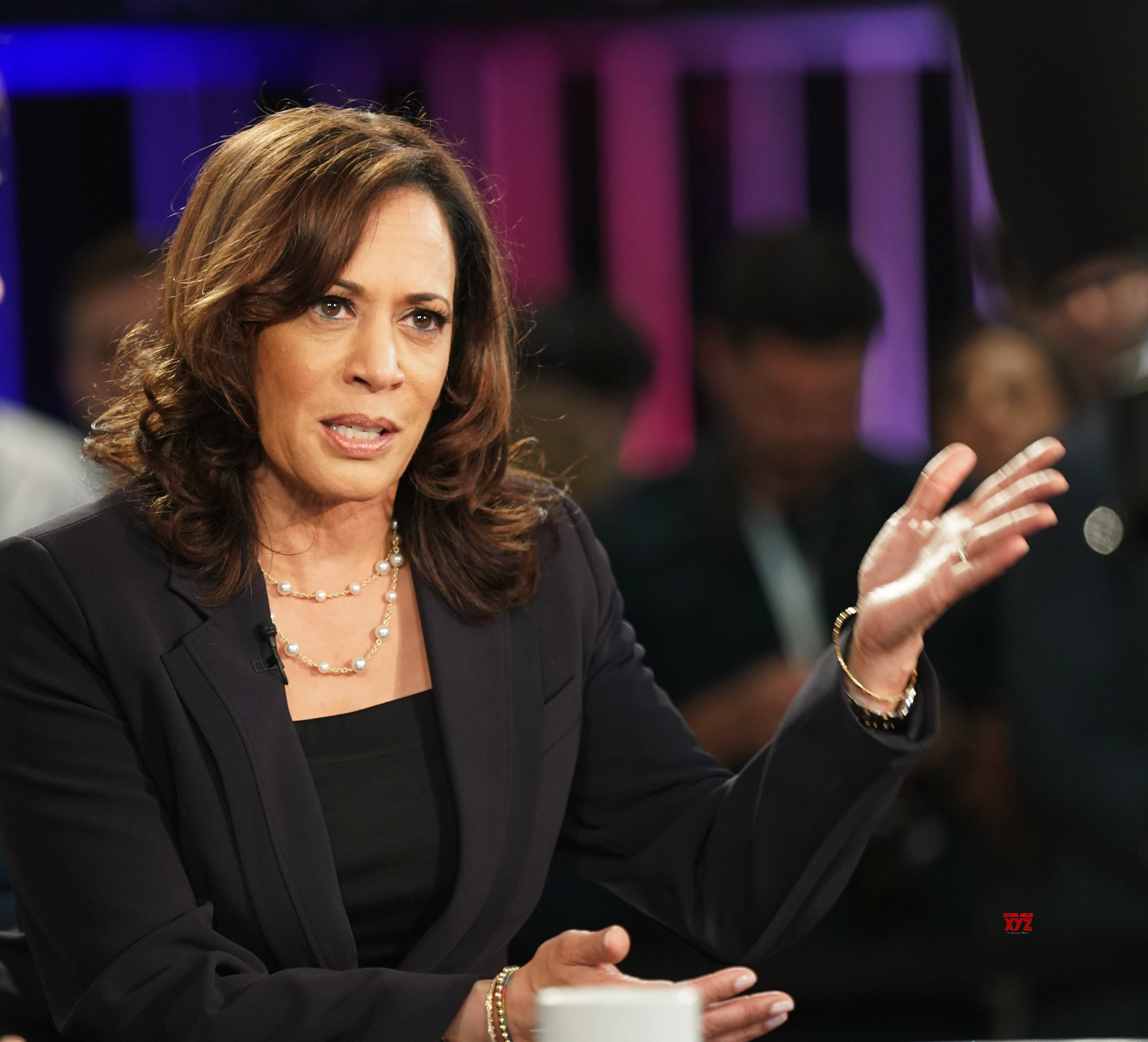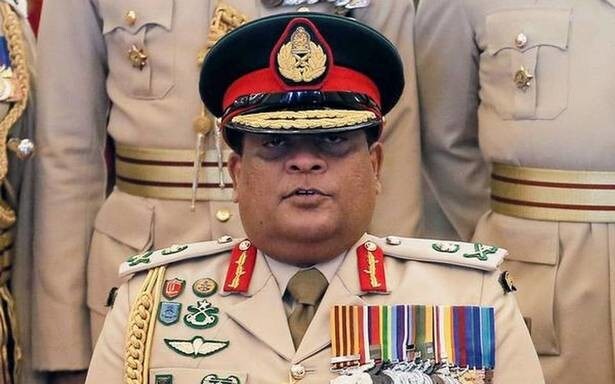
WASHINGTON: Highlighting the growing importance of India and China in the region, a top Indian diplomat said here the choices these two nations will make would not only impact them but also affect the world.
Arun K Singh, the Deputy Indian Ambassador to the US in a speech on India-China relationship said New Delhi believes it is in the mutual interest of India and China to work together, bilaterally and with other partners, to reduce uncertainty and create an international environment that is supportive to their domestic transformation efforts.
His remarks came after Indian External Affairs Minister Salman Khurshid described China as a part of a larger picture and said China is more important in terms of our global vision.
“The choices that India and China today make, therefore, affect the world,” he said.
“The simultaneous emergence of India and China as Asian and global powers in fact makes it imperative for them to be sensitive to each other’s interests and aspirations,” said Singh in his address to the seminar organized by the Foundation for India and Indian Diaspora Studies.
“The prevailing global paradigm of cooperation among major powers also demands from the two countries that they work together to mutually support their rightful place in the comity of nations,” he said.
Adding he said India believes that there is enough space and opportunity in Asia and beyond for the two countries to grow and realize their development aspirations simultaneously.
“I would not gloss over the fact that there is an element of competition co-existing with the elements of cooperation in the India-China relationship. There is no doubt that China’s rise has implications for not just India but the entire world.
But India does not believe that there is any inherent antagonism between the two countries. The important point is that both Governments have handled the relationship well to expand on the areas of cooperation, and to minimize the salience of competition,” Singh said.
Serving as the Deputy Chief of Mission, Singh before coming to Washington DC was the Indian Ambassador to Israel.
The day-long seminar was attended by a galaxy of American experts on India-China relationship.
Noting that today India and China are engaged in a positive way to expand their commonalities with extensive dealings in bilateral, regional and multilateral forums; Singh said the determination by the two countries to qualitatively elevate their ties by establishing a “strategic and cooperative partnership for peace and prosperity” reflects their shared conviction that India-China relations have now acquired a long-term, global and strategic character and hence, must be treated as such.
South China Sea
Ved Nanda, Professor of International Law at the prestigious Denver University, suggested India should respond strongly to China’s growing assertiveness in South China Sea.
“India needs to respond to China’s claim to indisputable sovereignty over most of the South China Sea. I would suggest that India should send its light squadron to the region and hold its main fleet obviously in reserve,” he said.
Referring to the territorial dispute in the South China Sea where it is seeking the entire territory as its own, Nanda said, “India needs to come up very strongly against China.”
“Because of its ability to project its soft power, India, he argued, is in a much more favorable position than China or any other country in its own neighborhood to have its own robust presence.”
Nanda praised India for “not surrendering” to China on the passport issue. He noted that India and China are closer to more cooperation than anything in past 50 years.
Glen Carle, ex deputy national director of CIA and author of ‘Interrogator’ said economic policies will prove crucial while shaping the future of the relations between the two countries.-PTI






